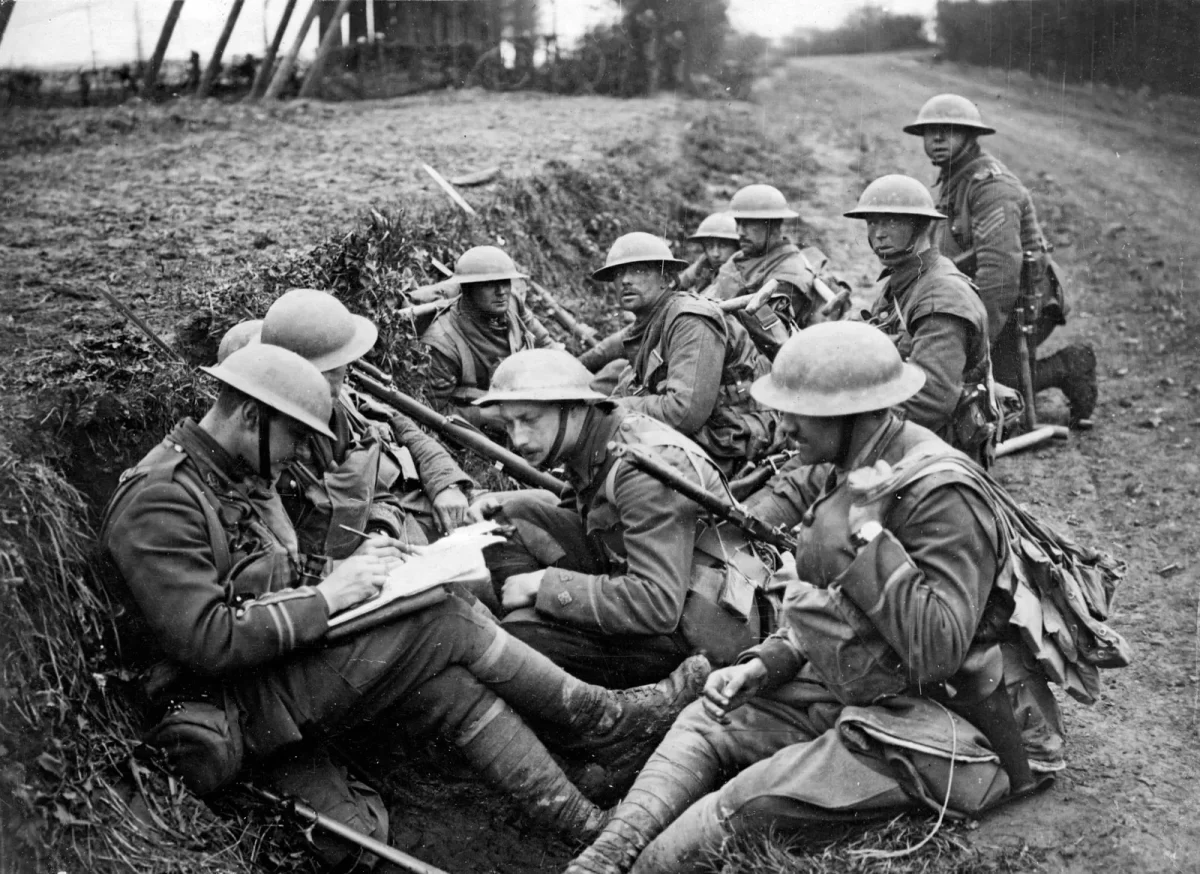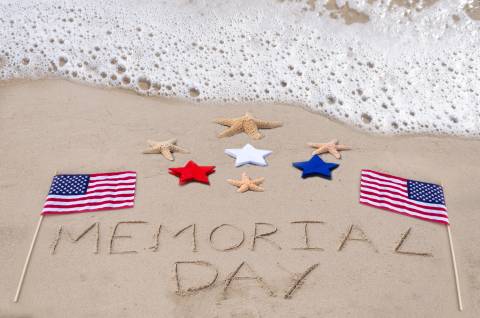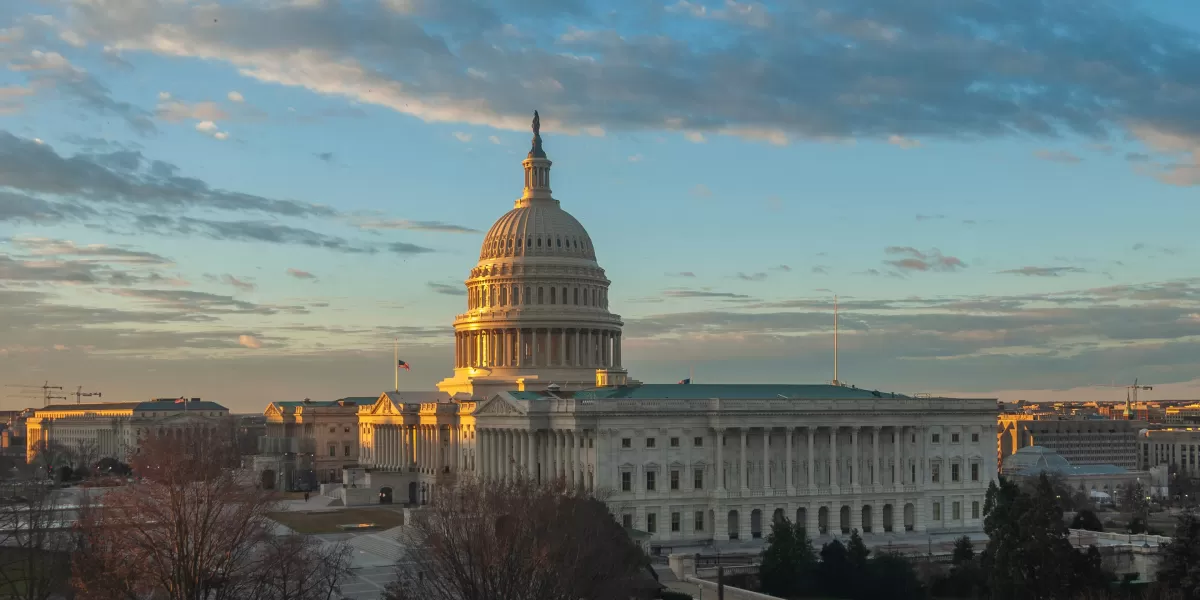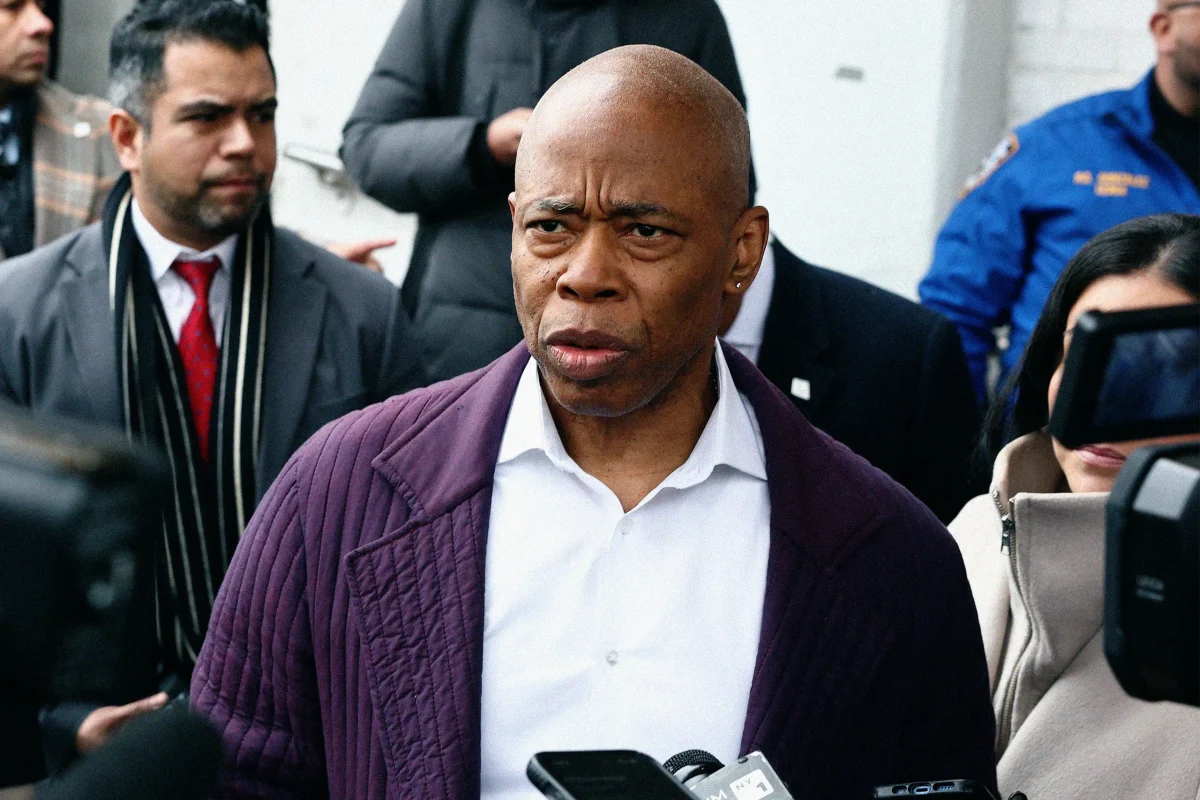Europe: for years it has been a battleground for many bloody wars. From the Hundred Years War (1337-1453) to the Serbo-Bulgarian War of 1885 (15 days), Europe is no stranger to war. But, sometimes, war is not the answer to problems. WWI is the perfect example of a pointless war, setting up the stage for a future catastrophe.
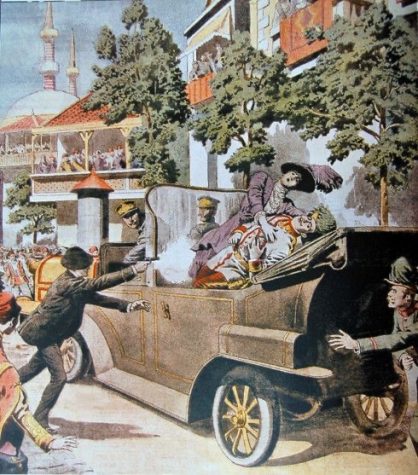
The year is 1914. All the European countries are at each other’s throats. militarism, alliances, imperialism, and nationalism are rampant in Europe. Great Britain and Germany had a Naval Arms race starting in 1906, Germany had taken Alsace-Lorraine from France in a previous war, a gigantic war in the Balkans had just ended, the Russian Empire had rebellions, Austria-Hungary had annexed Bosnia. Europe was simply a gargantuan mess.
At the time, the Balkans was an awful place. After gaining full independence from the Ottoman Empire, wars started sprouting all over the place. This earned the Balkans the nickname “Europe’s Powder Keg,” because all it took was one spark to cause a catastrophic explosion.
Something to remember is that the large Austro-Hungarian Empire had recently annexed modern-day Bosnia and Herzegovina, and Bosnia was located in the Powder Keg. That’s right, this Balkan region, which was extremely diverse, had been annexed. This angered the country of Serbia and many Serbian nationalists wanted the region to belong to Serbia, due to the amount of ethnic Serbs in the area.
Archduke Franz Ferdinand, the heir to the Austro-Hungarian throne, and his wife were driving in the city of Sarajevo in Bosnia on June 28, 1914. Members of the extreme Serbian nationalist group, The Black Hand, made an attempt on their lives by throwing a bomb at the Archduke’s car.
The bomb bounced off the car, and the Archduke survived. However, the driver made a wrong turn where coincidentally a Serbian Nationalist by the name of Gavrilo Princip was walking out with a gun. Princip took the opportunity and shot Archduke Franz Ferdinand and his wife point blank. Neither of them survived.
As a result, Austria-Hungary was absolutely furious, and a month after the assassination declared war on Serbia. This commenced a domino effect. The Russian Empire, viewing itself as the ‘Protector of Slavs,’ mobilized troops on the Austro-Hungarian border in defense of Serbia. Which caused Germany to declare war on Russia, and their ally, France.
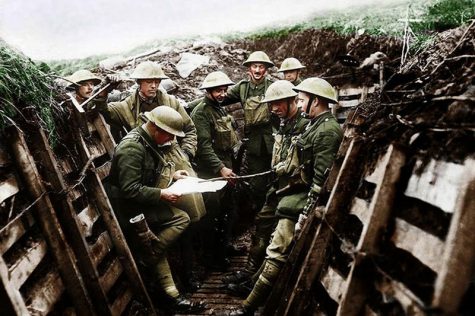
Lastly, Great Britain declared war on Germany when it
Two fronts formed: the Western Front and the Eastern Front. Both fronts were absolutely brutal.
Germany originally planned to swiftly invade all of France, but unfortunately, the course of war had other plans and it quickly became trench warfare on both sides. The Western Front had some progress, but the Western Front was not half as victorious for Germany and Austria-Hungary as the Eastern Front. By 1916, most of the European countries were at war. Russia was losing badly, the Balkans were fighting one another in a “Third Balkan War”.
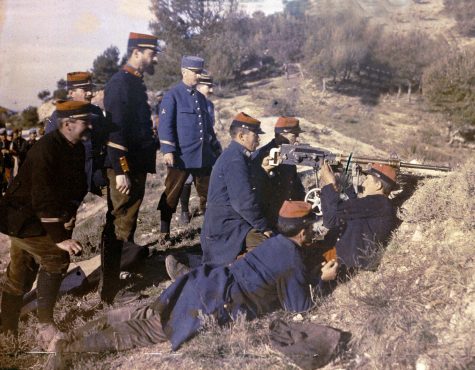
After thousands, perhaps millions of battles. Twenty million young men were dead. The question is: for what? What did this war accomplish? What did this war change for the future? Unfortunately, it did nothing adequately.
The First World War (what they called “The Great War”) ended on the eleventh minute, of the eleventh hour, of the eleventh day, of the eleventh month: November 11, 1918. The Treaty of Versailles was signed. Giving Germany most of the blame for the First World War.
Although the Treaty of Versailles wasn’t the only treaty, not even being the worst treaty, it had the worst consequences for the future. Germany was humiliated. The people were very disappointed and embarrassed. A new government was formed, Kaiser Wilhelm II was forced to abdicate and was exiled to the Netherlands where he lived the rest of his life.
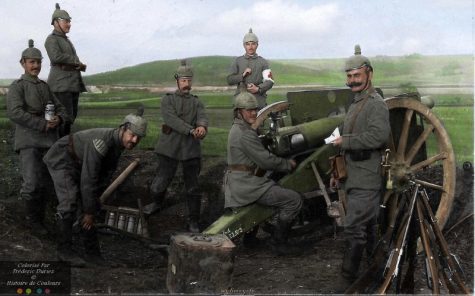
The Treaty of Versailles limited the German Army, banned a German air force, put heavy amounts of war debt on Germany, cost German territory, French forcibly stationed in the Ruhr area (where the Rhine river and many German factories were), and so much more. The effect of this was furious Germans with low morale rampant.
In 1923, the German Weimar Republic started printing gargantuan amounts of
money to pay back the French, British, and Americans. This, unfortunately, led to huge amounts of hyperinflation. One hour a piece of bread could’ve been 10 Marks, the next hour 100
Marks, the next 1,000 Marks, and this continued on as a vicious cycle until
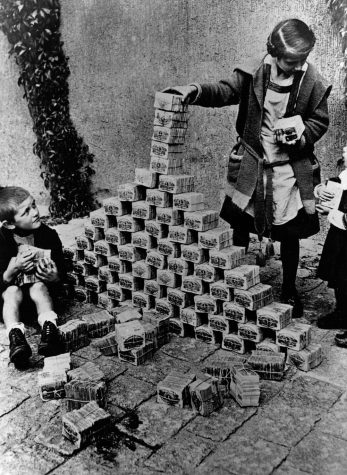
a loaf of bread would have cost millions of Marks.
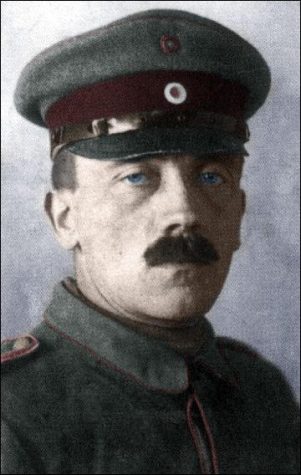
The furious German citizens started to radicalize their political opinions. Many were forced to choose between communist or fascist. To set up the stage of World War 2, one man took this radicalization to his advantage and rose to power through this radicalization, which set up the stage for even more death, more terror, more torture, and more events that are just incredulous times in human history. This man was the young, ambitious Adolf Hitler.
People will get desperate in times where it is hard to do simple tasks like obtaining food and water, maintaining shelter, and staying healthy. We really take for granted our lives, we don’t work half as hard as they did back then. Learn to not take stuff for granted. The lesson here is you have to work hard, cooperate with others to avoid violence at all costs. Don’t escalate things that truthfully aren’t big deals, for it could only set the stage up for God only knows what. Which in this case, was a short war that killed millions and millions of innocent lives.To conclude, World War I was truly a useless war. This war accomplished nothing and could’ve simply been solved by just cooperating with one another. It’s not a big deal unless you make it a big deal. From this war, we learned that you shouldn’t act in action with anger as your source of fuel. Because all this anger led to only more anger, which eventually started World War II.
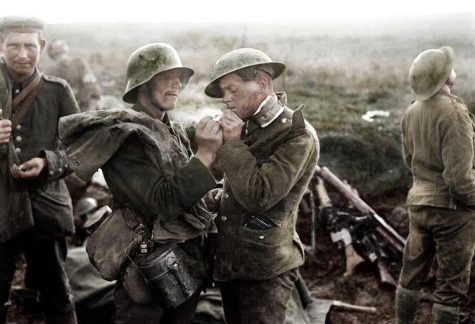
We’re all human, we must learn to live in peace, although war is always an inevitable part of life; we must learn to do our best to avoid drastic, violent measures.

